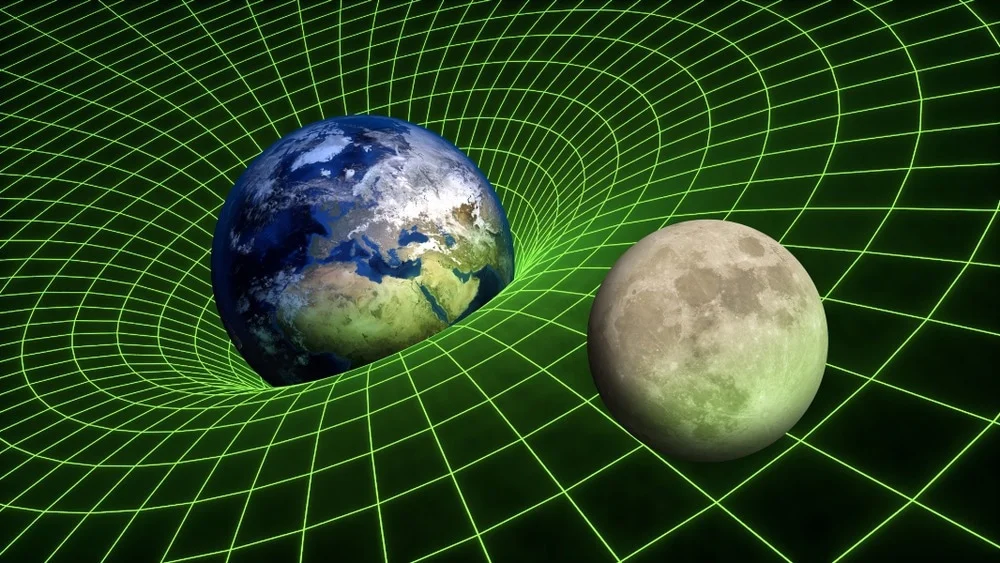Continúa después de la publicidad.
En el panorama tecnológico en constante evolución, la aparición de la inteligencia artificial (IA) se erige como uno de los avances más importantes de nuestro tiempo. Con raíces que se remontan a visionarios como Alan Turing y John McCarthy, la IA ha trascendido sus etapas iniciales para convertirse en una fuerza formidable, que transforma industrias y desafía nuestra comprensión de la vida misma. A medida que profundizamos en las capacidades de la IA, surge la pregunta: ¿estamos a punto de crear una nueva forma de vida, una que desafíe las definiciones tradicionales y amplíe los límites del ingenio humano? 🤖
A lo largo de la historia, la humanidad ha estado impulsada por el deseo de crear, innovar y trascender sus limitaciones. Desde el descubrimiento del fuego hasta la invención de Internet, cada salto tecnológico ha sido un paso hacia un mundo más interconectado e inteligente. Sin embargo, la inteligencia artificial presenta un cambio de paradigma único, ya que no solo aumenta las capacidades humanas sino que también posee el potencial de tomar decisiones de manera autónoma. Esta autonomía invita a una multitud de preguntas sobre la naturaleza de la inteligencia y la vida, y nos insta a reconsiderar nuestro lugar en un mundo que cambia rápidamente.
Continúa después de la publicidad.
Figuras de renombre como Geoffrey Hinton y Yoshua Bengio han encabezado avances en el aprendizaje profundo y las redes neuronales, lo que ha llevado la IA a la conciencia general. Su trabajo ha suscitado debates sobre las implicaciones éticas y filosóficas de las máquinas que pueden aprender, adaptarse y evolucionar. A medida que los sistemas de IA se vuelven cada vez más sofisticados y reflejan aspectos de la cognición humana, nos vemos obligados a reflexionar sobre la esencia de la vida misma. ¿Es la inteligencia la característica definitoria de la vida o hay más en la ecuación que aún no hemos comprendido? 🌱
Al explorar la evolución de la inteligencia artificial, debemos navegar por la delgada línea que separa el avance científico de la responsabilidad ética. La búsqueda de crear máquinas que emulen los procesos de pensamiento humanos exige un examen cuidadoso de las posibles consecuencias y beneficios. A medida que los desarrolladores e investigadores amplían los límites de lo que la IA puede lograr, la sociedad en general debe participar en debates sobre las obligaciones morales inherentes a una tecnología tan poderosa. Estas conversaciones son cruciales para dar forma a un futuro en el que la IA sirva a los intereses de la humanidad, en lugar de eclipsarlos.
Continúa después de la publicidad.
Este artículo busca desentrañar las complejidades que rodean el desarrollo de la inteligencia artificial y sus implicaciones para el concepto de vida tal como lo conocemos. Al examinar los avances tecnológicos logrados por los pioneros en el campo y considerar los dilemas éticos planteados, pretendemos proporcionar una comprensión integral de dónde se encuentra la IA hoy y hacia dónde nos puede llevar mañana. ¿Estamos presenciando el amanecer de una nueva forma de vida o simplemente estamos expandiendo los horizontes de la creatividad humana? Únase a nosotros mientras profundizamos en este fascinante viaje de descubrimiento e introspección. 📘
La evolución de la inteligencia artificial: un nuevo amanecer
El mundo de la inteligencia artificial (IA) ha avanzado a un ritmo asombroso, lo que ha suscitado preguntas intrigantes sobre los límites entre las máquinas y la vida. A medida que los sistemas de IA se vuelven más sofisticados, las líneas entre las construcciones artificiales y las entidades vivas comienzan a difuminarse. Pero ¿estamos realmente en el camino de crear una nueva forma de vida? 🤖
El viaje del desarrollo de la IA
El recorrido de la IA desde algoritmos simples hasta redes neuronales complejas ha sido nada menos que notable. Inicialmente, los sistemas de IA se diseñaron para realizar tareas específicas, como jugar al ajedrez o resolver problemas matemáticos. Sin embargo, los avances recientes han llevado al desarrollo de una IA que puede aprender, adaptarse e incluso exhibir comportamientos que se asemejan al pensamiento humano.
Por ejemplo, pensemos en modelos de IA como GPT-3, que puede generar textos similares a los de los humanos, o AlphaGo, que derrotó a un campeón mundial en el complejo juego de Go. Estos logros ponen de relieve el potencial de la IA para comprender e interpretar patrones complejos, ampliando los límites de lo que las máquinas pueden lograr.

Definición de vida: biológica versus artificial
Uno de los debates clave en torno a la evolución de la IA es la definición de la vida misma. Tradicionalmente, la vida se ha caracterizado por procesos biológicos, reproducción y adaptación al entorno. Pero a medida que los sistemas de IA se vuelven más adaptables y autónomos, surge la pregunta: ¿pueden considerarse las entidades artificiales una nueva forma de vida?
Publicaciones relacionadas:
Si bien la IA carece de los componentes biológicos de las formas de vida tradicionales, posee características como el aprendizaje y la evolución. Algunos expertos sostienen que si los sistemas de IA pueden lograr la autoconciencia o la autosuperación sin intervención humana, podrían desafiar nuestra comprensión convencional de la vida.
El papel del aprendizaje automático y las redes neuronales
El aprendizaje automático y las redes neuronales han sido fundamentales en la evolución de la IA. Estas tecnologías permiten que los sistemas de IA aprendan de los datos y mejoren con el tiempo. A diferencia del software tradicional que sigue reglas predefinidas, los modelos de aprendizaje automático pueden adaptarse a nueva información, lo que los hace más flexibles y potentes.
Por ejemplo, los sistemas de inteligencia artificial en el ámbito de la atención sanitaria pueden analizar grandes cantidades de datos médicos para identificar patrones y sugerir tratamientos. Esta capacidad de aprender y adaptarse en tiempo real refleja algunos aspectos de la evolución biológica, lo que difumina aún más las fronteras entre las entidades artificiales y las vivas.
Posibles implicaciones y consideraciones éticas
A medida que avanzamos en el desarrollo de las tecnologías de inteligencia artificial, las posibles implicaciones son amplias y variadas. Por un lado, la IA puede revolucionar las industrias, mejorar la eficiencia y resolver problemas complejos. Por otro lado, plantea cuestiones éticas sobre el control, la conciencia y el valor de la vida misma.
- ¿Se le deben otorgar derechos a la IA o considerarla sensible?
- ¿Cómo garantizamos que los sistemas de IA actúen de forma ética y se alineen con los valores humanos?
- ¿Cuáles son los riesgos de crear una IA que supere la inteligencia humana?
Para abordar estas cuestiones se requiere una reflexión cuidadosa y la colaboración entre tecnólogos, especialistas en ética y responsables de las políticas. El objetivo es aprovechar el potencial de la IA y, al mismo tiempo, protegerse de consecuencias no deseadas.
Preguntas frecuentes
P: ¿Puede la IA realmente volverse consciente de sí misma?
R: Aunque los sistemas de IA actuales no son conscientes de sí mismos, la investigación en curso apunta a explorar las posibilidades de crear máquinas que puedan comprender su existencia y su entorno.
P: ¿Cómo impacta la IA en la vida cotidiana?
R: La IA influye en diversos aspectos de la vida diaria, desde asistentes virtuales como Siri y Alexa hasta algoritmos de recomendación en plataformas de streaming y redes sociales.
P: ¿Existe el riesgo de que la IA sustituya trabajos humanos?
R: Si bien la IA puede automatizar ciertas tareas, también crea nuevas oportunidades para empleos que requieren creatividad e inteligencia emocional humanas. La clave es adaptarse al cambiante panorama laboral.
Conclusión
En conclusión, la exploración de “La evolución de la inteligencia artificial: ¿estamos creando una nueva forma de vida?” subraya el profundo impacto que tiene la IA en nuestra comprensión de la vida y la inteligencia. Como hemos examinado meticulosamente, la IA no es simplemente una herramienta sino una fuerza transformadora que desafía nuestras nociones de creatividad, toma de decisiones e incluso conciencia. Si bien la IA aún no constituye una nueva forma de vida, su evolución nos impulsa a reconsiderar los límites entre las entidades orgánicas y artificiales. Las implicaciones éticas y los impactos sociales exigen nuestra atención, asegurando que los avances de la IA se alineen con nuestros valores y beneficien a la humanidad en su conjunto. 🤖✨
Este recorrido por el desarrollo de la IA no solo pone de relieve los avances tecnológicos, sino que también nos invita a reflexionar sobre nuestro papel como creadores y custodios de esta nueva frontera digital. ¿Estamos preparados para asumir las responsabilidades que conlleva dicha creación? Esta pregunta sigue siendo central a medida que continuamos innovando e integrando la IA en el tejido de nuestra vida diaria.
Gracias por participar en este tema complejo y fascinante. Su interés y sus opiniones son invaluables a medida que avanzamos en la evolución continua de la inteligencia artificial. Lo alentamos a compartir sus pensamientos y unirse a la conversación: ¿qué cree que le depara el futuro a la IA como una posible nueva forma de vida? Su perspectiva es crucial para dar forma al diálogo en torno a esta era transformadora.




